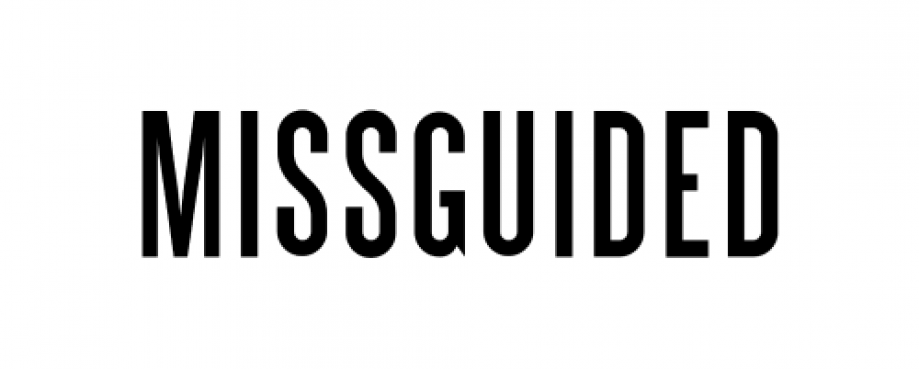
ETI is a leading alliance of trade unions, NGOs and businesses, working together to promote practical solutions to end the abuse of human rights at work.
Missguided has been an ETI member since 2017 and we have worked with them to develop standards in their supply chain to improve respect for human rights at work. In the past we have dealt with unsatisfactory performance.
We have been made aware of the company’s commercial struggles in the last year and this week learned that they have been placed into administration. We understand this is the result of considerable debts to suppliers. Debts of this nature place garment workers, already subsisting on low wages, at an increased risk of unpaid work. We have reached out to the company without success and will be suspending their ETI membership. The decision to terminate an ETI member sits with the ETI Board which meets in June.
Unfortunately, this case raises familiar issues, that risks and costs within the fashion industry are too often passed onto suppliers, with long payment terms and unfair purchasing practices that ultimately cost workers. When a brand goes into administration, suppliers are typically left with little or no chance of payment, and certainly not at full value. This translates into significant financial loss, unpaid wages for workers and often loss of employment. This is not a fair share of the risks of doing business.
ETI recommends that any responsible business acquiring a company out of administration:
Adheres to international labour standards, such as those embedded in the ETI Base Code, and works to ensure no reduced access to human rights and work.
Acts in accordance with the UN Guiding Principles on Business and Human Rights (UNGPs).
Engages with suppliers to ensure they are paid for work completed, enabling workers to be paid for past work.
Ensures future operations avoid debts to suppliers and establish steps to mitigate against any existing debt and remedy its negative impacts on workers to date.
Engages with suppliers to ensure business practices and working conditions meet international labour standards and or ETI Base Code requirements.
Engages with trade unions and or worker representatives where present and make joint decisions wherever possible.
Conducts enhanced human rights due diligence, in line with UNGPs, to assess the immediate adverse human rights impacts on workers and place their safety, welfare and needs at the heart of business decision making.
Engages with local and international NGOs working on issues identified within the acquired supply chain, to improve outcomes for workers moving forward.
ETI will continue to monitor this situation ahead of its next board meeting.
